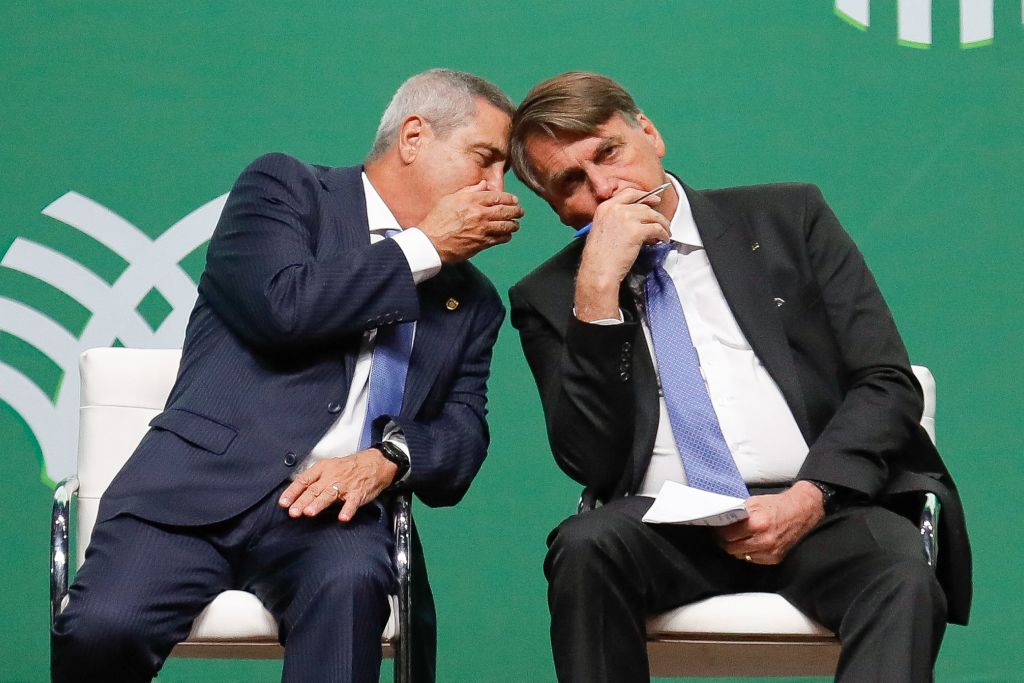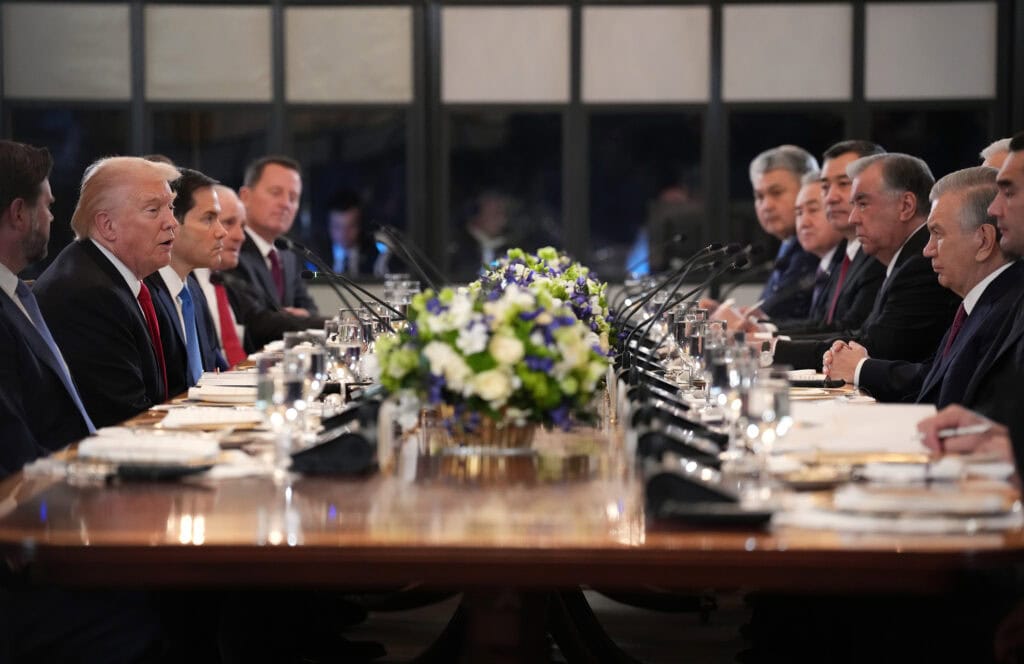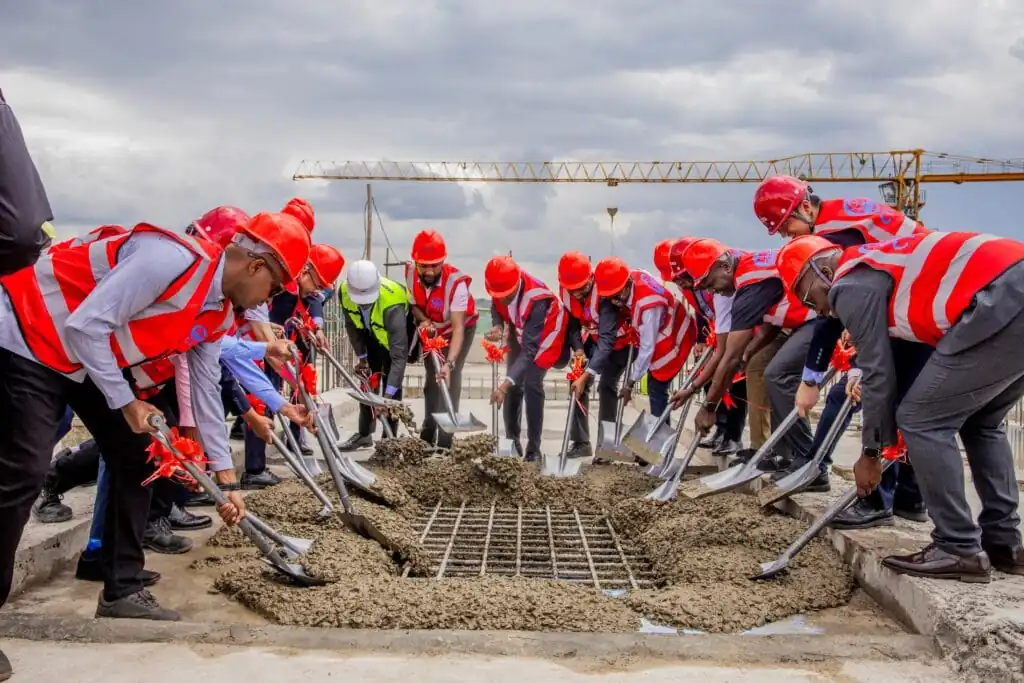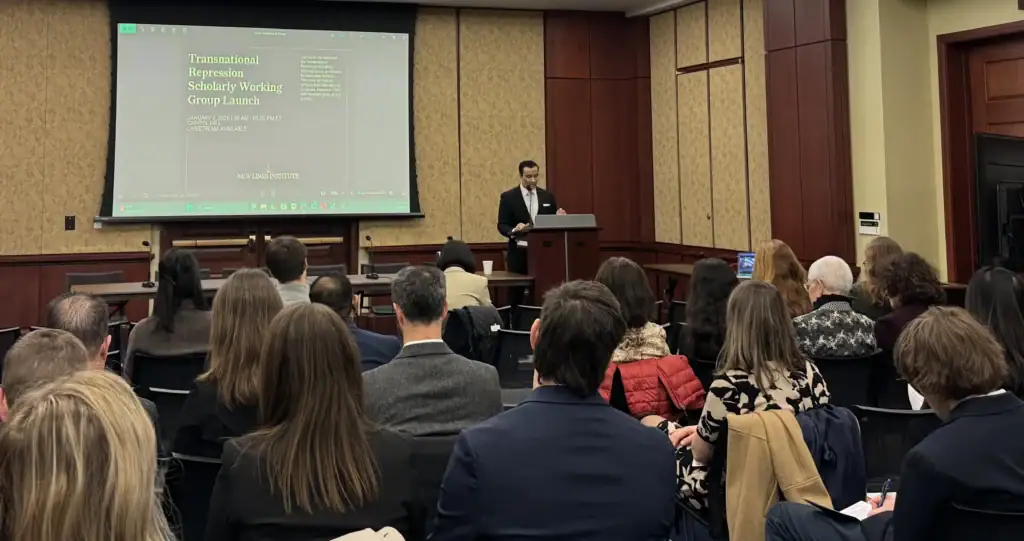
Brazil’s Next Elections Bring the Risk of Social Unrest
Listen to article
Two ideological opposites will square off in Brazil’s upcoming general elections, the last scheduled in 2022 in Latin America. In a race where both candidates have a long and controversial political history and where the projected margin of victory is slim, the current president’s discrediting of the electoral system and rumors of election rigging increase the risk that Brazil could experience significant social unrest and political instability akin to the discontent that preceded the Jan. 6, 2021, attack on the U.S. Capitol. The United States should pay close attention to the evolving events surrounding Brazil’s elections, as they could provide an opportunity to reshape and strengthen bilateral relations.
Brazil’s general election will be held Oct. 2. Even though the official presidential campaign period begins Aug. 16, incumbent Jair Bolsonaro, of the center-right Liberal Party, and former President Luiz Inácio “Lula” da Silva of the Workers’ Party are the presumptive frontrunners.
The election will decide winners of the first round of the presidential race, 27 of 81 senatorial seats, all 531 seats in the Chambers of Deputies, and all 27 governorships and state legislatures. If no presidential candidate gathers more than half (50%) of the votes in the first round, a second round will be held on Oct. 30. As opinion polls suggest, the presidential race will likely be decided in a runoff, with an advantage for Lula.
Tradition dictates that the next president will be sworn in on Jan. 1, 2023. However, Brazilian authorities should be prepared for possible social unrest in case Bolsonaro is not declared the winner. Should he choose to not recognize the results, as he has threatened, his supporters could take it upon themselves to defend their candidate. Recent events, like the one in Foz do Iguaçu in which a Bolsonaro supporter assassinated Lula’s party treasurer at his birthday party, and the recent attacks against Lula’s rallies highlight the threat of political violence.
The Leading Contenders
The Brazilian constituency and the international public know the frontrunners well. Bolsonaro, who is now running as a member of the center-right Liberal Party after being forced to join a political party to run for re-election, aligns closer with a far-right political ideology. Da Silva, who led Brazil from 2003 to 2010, is a member of the Workers’ Party, although his popularity, like Bolsonaro’s, surpasses that of the party. He was the most senior political figure to have been convicted as part of the corruption scandal known as Lava Jato. However, a Supreme Court judge annulled his convictions in 2021, allowing him to run for the presidency.
Neither candidate is short on scandals or controversy, yet both their strong bases of support will make this election a heated race.
Bolsonaro was elected in 2018 in response to the Workers’ Party’s monopoly over the presidency since 2003 and the corruption scandals that engulfed Brazil. His campaign, focused on anti-corruption and anti-establishment themes, had significant success in mobilizing the masses through social media and messaging apps like Telegram. Even during his presidency, these apps have played a crucial role in his mass communications efforts. Bolsonaro’s current campaign follows similar themes. He is confident that the army will support him as he continues a campaign based on fighting corruption and fraud – a goal that he and the military share.
Current opinion polls show Bolsonaro’s chief rival, Lula, in the lead and predict that he would win in a runoff with the incumbent. Lula’s support base consists of those between 16-24 years of age, the lower classes, Black Brazilians, and Catholics. Lula’s campaign trumpets the values of democracy and compassion, and he has criticized Bolsonaro’s COVID-19 management and deforestation policies in the Amazon. Lula has even allied with seven left-wing and center-left parties, forming a bloc named Vamos Juntos Pelo Brasil (Let’s Pull Together for Brazil).
However, the biggest challenge for Lula might not be merely to win but to do so with a margin large enough that Bolsonaro and his supporters won’t have grounds to challenge the results. When asked by the newspaper O Estado de S. Paulo about the mounting fear of unrest should Lula capture the runoff, the response by Sen. Flavio Bolsonaro, the president’s son and campaign manager did little to provide peace of mind: He commented that if his father’s supporters attempted a revolt, there was little he could do to control their reaction.
Misinformation and Polarization
Even though the Supreme Court is attempting to curb misinformation by banning Telegram, once the official campaign period begins, Bolsonaro will have access to more than six minutes of mandatory ads that run each day for a month ahead of the vote. This would allow him to polarize his support base further. This period is highly critical since, according to a Quaest survey almost half of Brazilian voters rely on television for their political information, compared with about a quarter who get it from social media.
However, Bolsonaro does not seem content with raising the issue of possible electoral fraud with the electorate. On July 18, he held a meeting at his official residence with representatives from foreign governments to discuss the possibility of electoral fraud and to further cast doubts on Brazil’s electoral system. After the meeting, the Swiss and U.S. Embassies in Brazil made statements supporting democracy in Brazil. Similar meetings have been held with the military forces, which are not afraid to show their support for Bolsonaro, even through social media. Gen. Augusto Heleno, head of the Institutional Security Office of the Presidency, tweeted, “You either trust Captain Bolsonaro, who had the vision and courage to take on the system and give us hope of change, or you can keep attacking him and hand Brazil back to the left in 2023.”
During his tenure in office, Bolsonaro, who served in the army as a captain, stretched the powers of the military, expanded its role in the federal government and provided high-ranking officers with high positions in government-run companies — strengthening his ties with the army and the police while also calling for the defense of gun ownership. During his first week in office, he eased gun ownership rules, and during his first year in office, the number of licenses issued for self-defense increased by 98 percent while permits for hunters and collectors rose by 68 percent.
This alignment with the military and an increase in the number of armed citizens raises concerns over the possible reaction Bolsonaro’s supporters from both of these groups might have to a contested electoral result. This is likely to happen if an unfavorable outcome is announced for Bolsonaro, even if an independent auditing body is installed as he wishes. Justice Edson Fachin, president of Brazil’s Superior Electoral Court (TSE), said at a Wilson Center event that Brazil “may experience an episode even more severe than the January 6 (attack) on the Capitol.”
To prevent this, the TSE and other courts are meeting with high military commanders to ease tensions and assure them of the democratic process and its integrity. Even though these forces have expressed their promise to respect the election results, there is also record of military officials echoing Bolsonaro’s attacks on the electoral system and its potential weaknesses. The TSE has also invited a record number of international election observers and created an electoral transparency commission. Brazil’s federal police and armed forces have always provided security and logistical support during the elections but never audited election results, as Bolsonaro suggests.
Policy Implications for the United States
U.S. President Joe Biden must consider carefully how he would react to a possible election-related violence in Brazil – and one that bears similarities to the events of Jan. 6, 2021, in the United States. After all, Brazil possesses the largest economy in the region and is a regional political heavyweight. However, it has been largely ignored by the Biden administration, especially considering how close Bolsonaro and former U.S. President Donald Trump were. The first time Bolsonaro and Biden met was at June’s Summit of the Americas, where Bolsonaro’s attendance was secured only after a bilateral meeting was confirmed. And that meeting left much to be desired, with no real conversation on the upcoming elections or Bolsonaro’s policies toward the Amazon.
However, that tense relationship might not matter if Lula wins. In that case, Biden will face another challenge. None of the major economies in the South American region will have a strong allegiance to the United States, which presents the perfect opportunity for external powers like China and Russia to strengthen their influence in the region. During Lula’s past terms in office, he was particularly fond of strengthening relationships with his neighboring countries and focused mainly on relationships with China and India, something Bolsonaro tried to change. A change in Brazil’s leadership, especially to a leader who is fond of BRICS (Brazil, Russia, India, China, and South Africa), could be the revamping the economic alliance needs, as other countries, like Argentina, express interest in joining and its original members hope to reshape the institution.
Furthermore, Biden could benefit from the overall positive diplomatic relationship the Obama administration held with Lula. Nonetheless, the challenge of a regional shift from U.S. policies could present an uphill battle on topics like Venezuela, for which countries like Argentina and Colombia and regional organizations like MERCOSUR (Mercado Común del Sur, or Southern Common Market) have been pushing for regularization of relations in an attempt to find joint solutions to the region’s refugee crisis.
Neither one of Brazil’s presidential candidates is very fond of the United States. Still, Washington is interested in ensuring Brazil does not strengthen relations with countries like Russia and China. Therefore, no matter who wins the Brazilian presidency, the White House will be presented with the unique opportunity to reset its relationship with Brazil. If this opportunity is not seized, Biden risks alienating the United States further from its allies in the region and signaling to its domestic audience that his government has failed in renewing American leadership in Latin America and elevating diplomacy among its partners. A narrative that could affect the Democratic party’s success in the upcoming November midterm elections.
The views expressed in this article are those of the author and not an official policy or position of the New Lines Institute.




